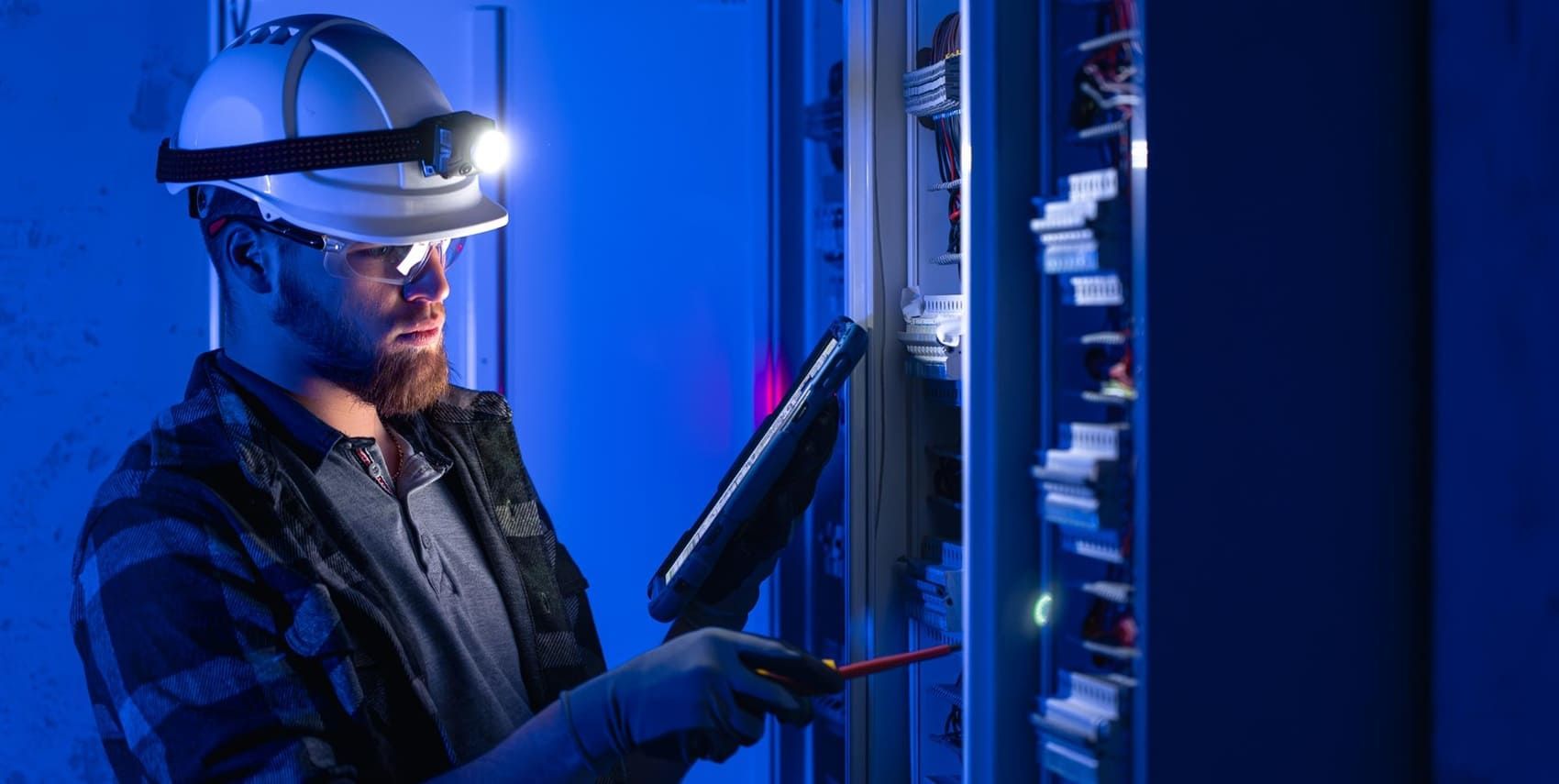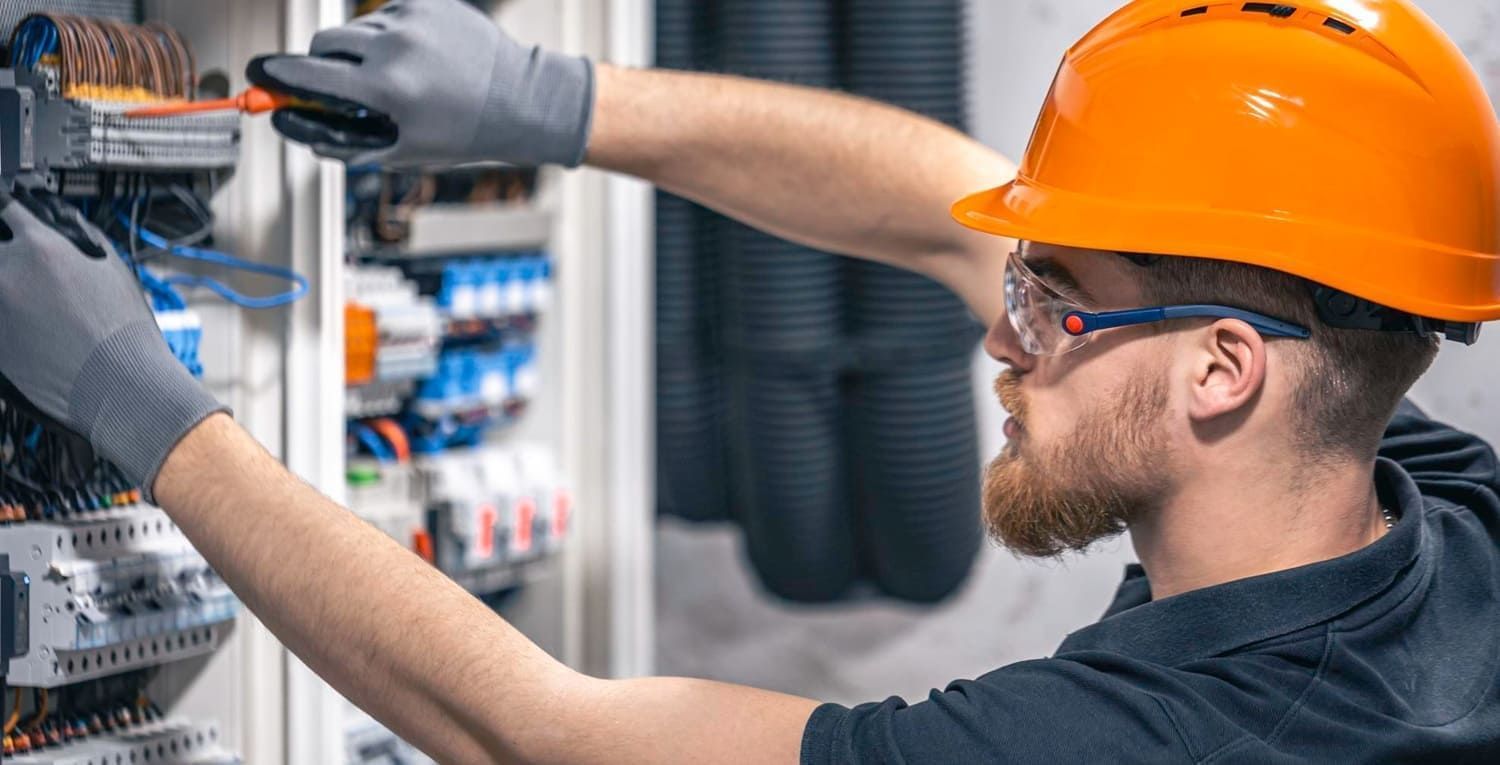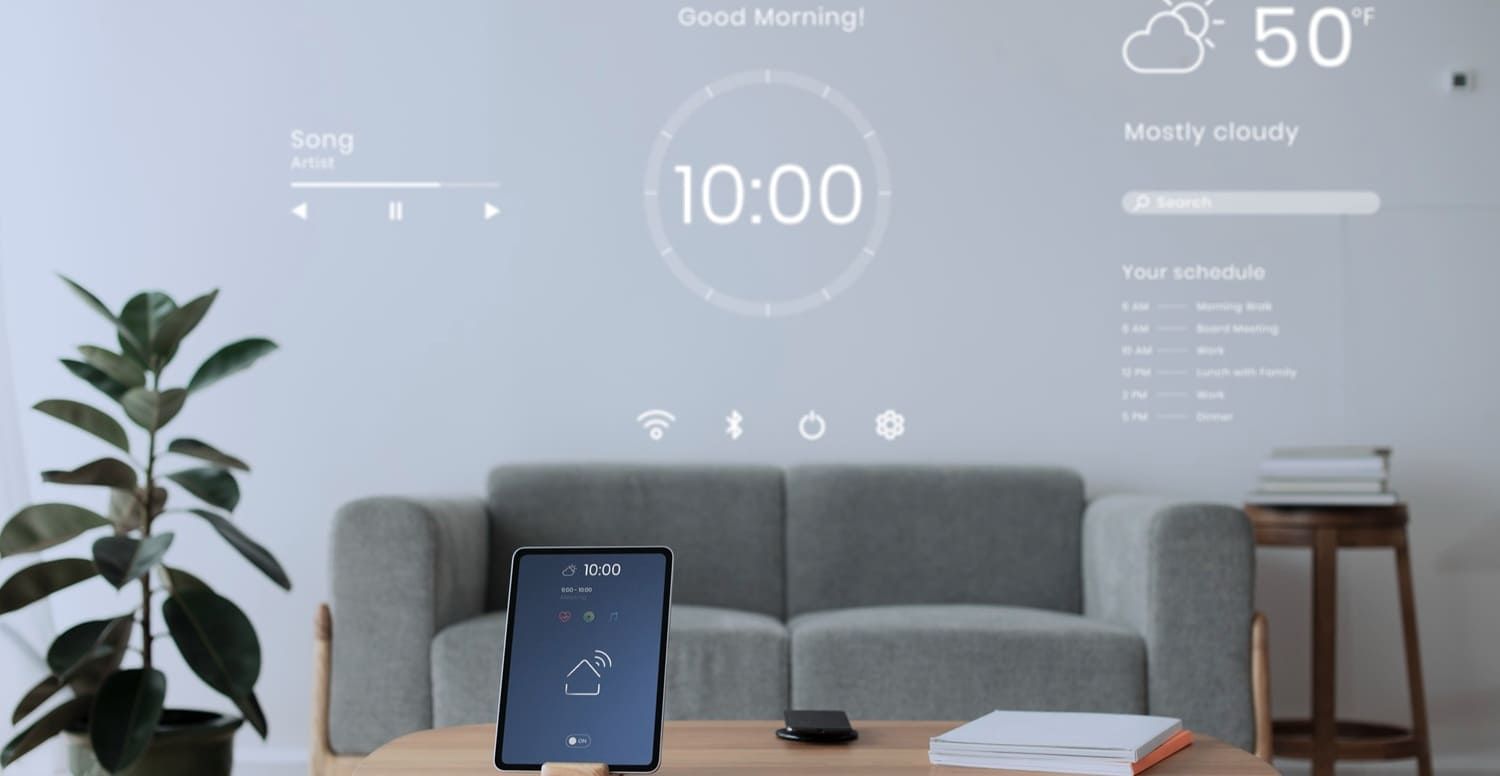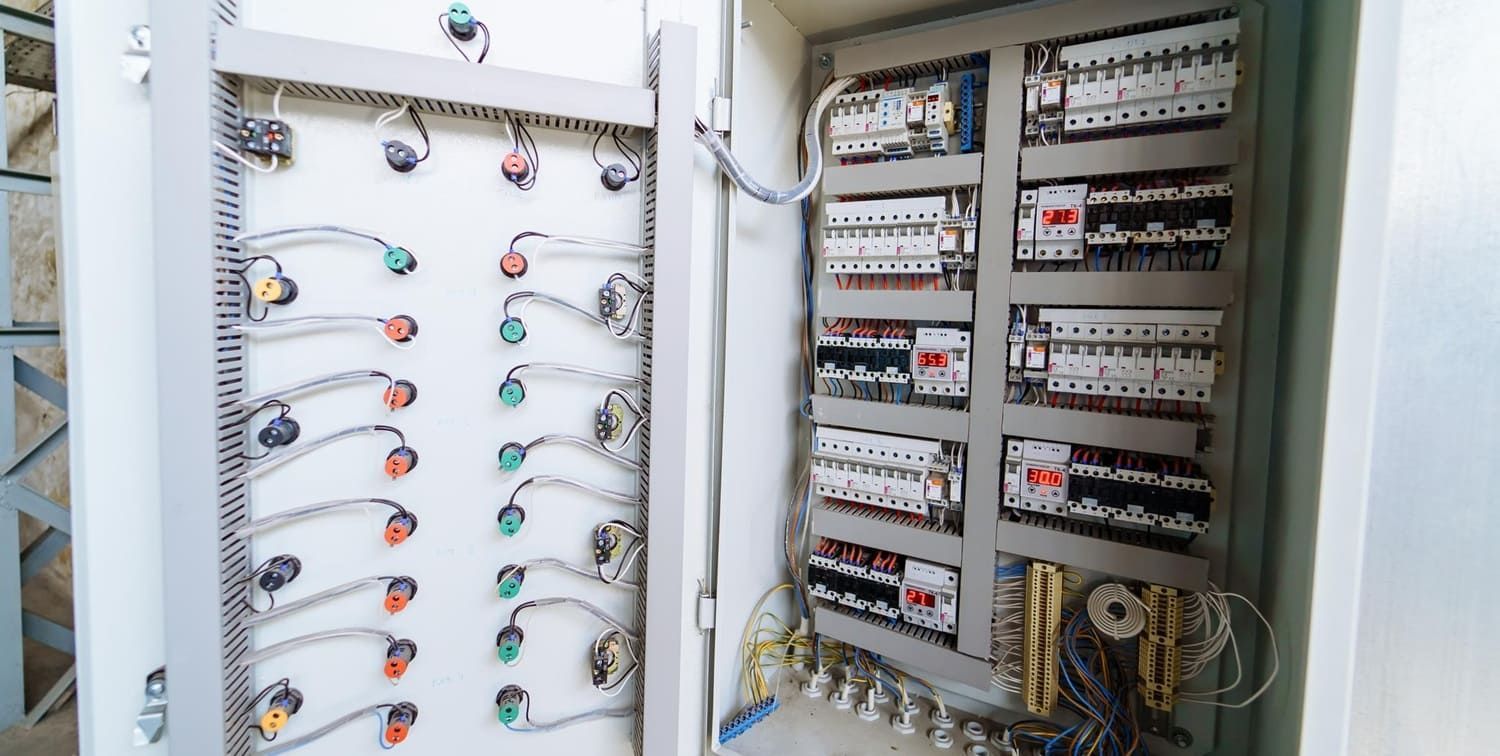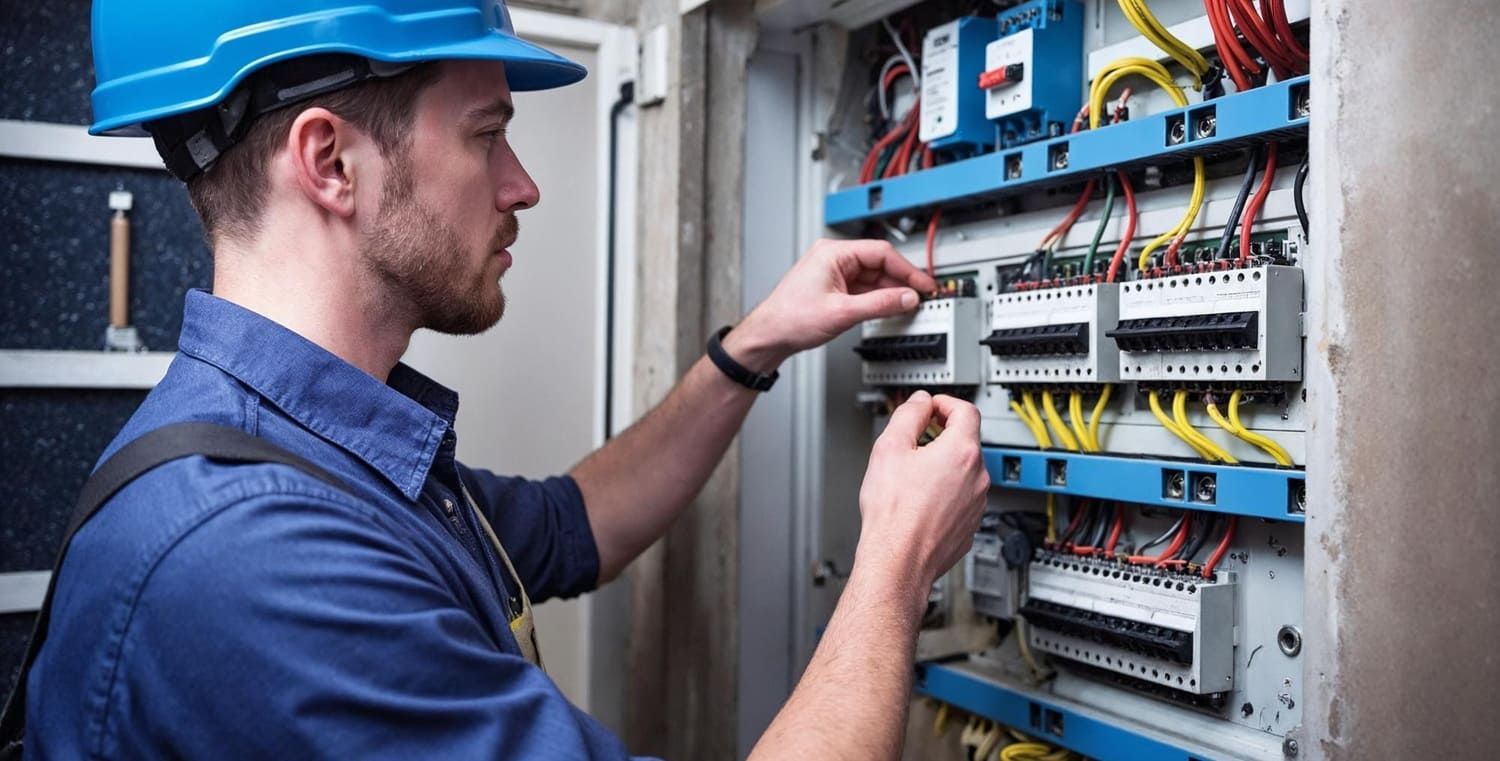How to Troubleshoot a Breaker Box
If you're having wiring issues in your home, the breaker box is one of the first places you consult. Learn how to troubleshoot it here.
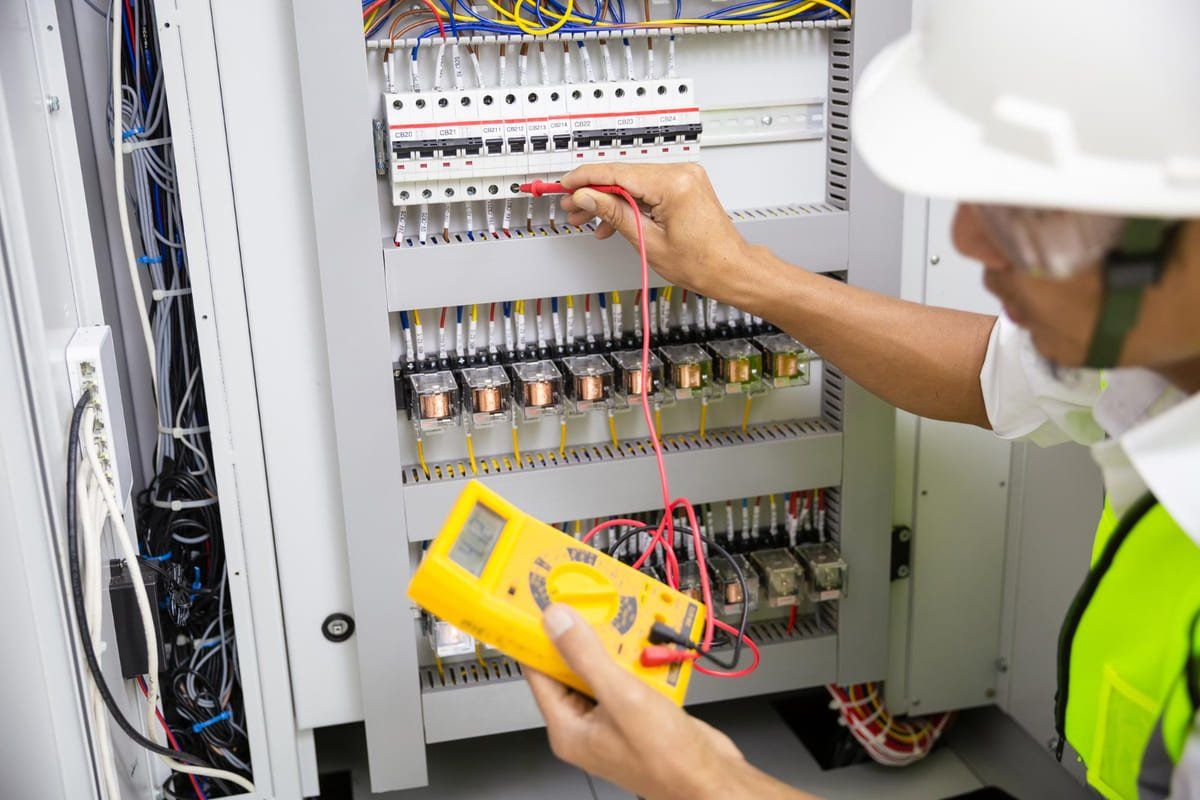
Did you know that fire departments responded to an estimated 46,700 home fires involving electrical failure or malfunction between 2015 and 2019? What a shocking statistic! Understanding your home's electrical service panel and how to troubleshoot your breaker box can protect your home and family.
Although you may be familiar with what your electrical panels look like, you may not understand how they operate. An electrical service panel joins the service wires from outside with the corresponding ones that branch off into various rooms in your home.
Learning how your breaker box functions will allow you to address minor issues and spot red flags that may call for professional assistance. Many homeowners are familiar with how their circuit breakers work, but most lack the knowledge they need to deal with any issues that may develop.
If this is you, don't worry! We will provide tips on troubleshooting a breaker box so that you can get things back to normal as quickly as possible. Read on to learn how to troubleshoot your breaker box and when you may need to call in a professional to remedy a pesky power outage in your home.
Troubleshoot Your Breaker Box
It can be very frustrating when a breaker panel trips because it often happens at the worst possible moments. When too much electricity passes through a circuit breaker, it will trip.
The electrical system in your home has this safeguard in place when a breaker panel trips due to an overload of electrical current. When this happens, there are easy steps to take to troubleshoot these issues. Resetting your breaker box is the best place to begin.
How to Reset Your Breaker Box
Find the breaker box. The majority of breaker boxes are situated in a basement, garage, or utility room.
When you open the door to your breaker box, listen to make sure you don't hear any strange noises, such as buzzing. If you do, you should call a professional rather than continue on your own.
To find the circuit in your house that needs to be reset, look at the diagram on the inside of the panel door. The breaker switches are often numbered and labeled following the arrangement of your home. Inspect the switches and follow these few steps to identify the problem:
Identify Your Tripped Circuit Breaker
When your circuit breaker overloads but has not yet switched off, it will make a buzzing noise. The tripped breaker lever is often located inside your electric access panel between the "on" and "off" positions.
Test Your Circuit Breaker
Check the lever by switching it between the "on" and "off" positions several times to see how loose it is. If your breaker moves easily and has no "give," it is defective and you need to have it changed right away.
Switch off All of Your Appliances
To avoid an electrical power surge when you reset your circuit breaker, turn off all of your appliances that are linked to it. You should contact a professional to examine your circuit breaker if you find that it trips often.
Check Your Wiring
If your home has an issue with faulty wiring, your circuit breaker will trip often, and you might experience electrical shocks when using some of your appliances. Don't do this on your own; it takes a knowledgeable professional. Just identify the issue and contact a pro to handle it for you.
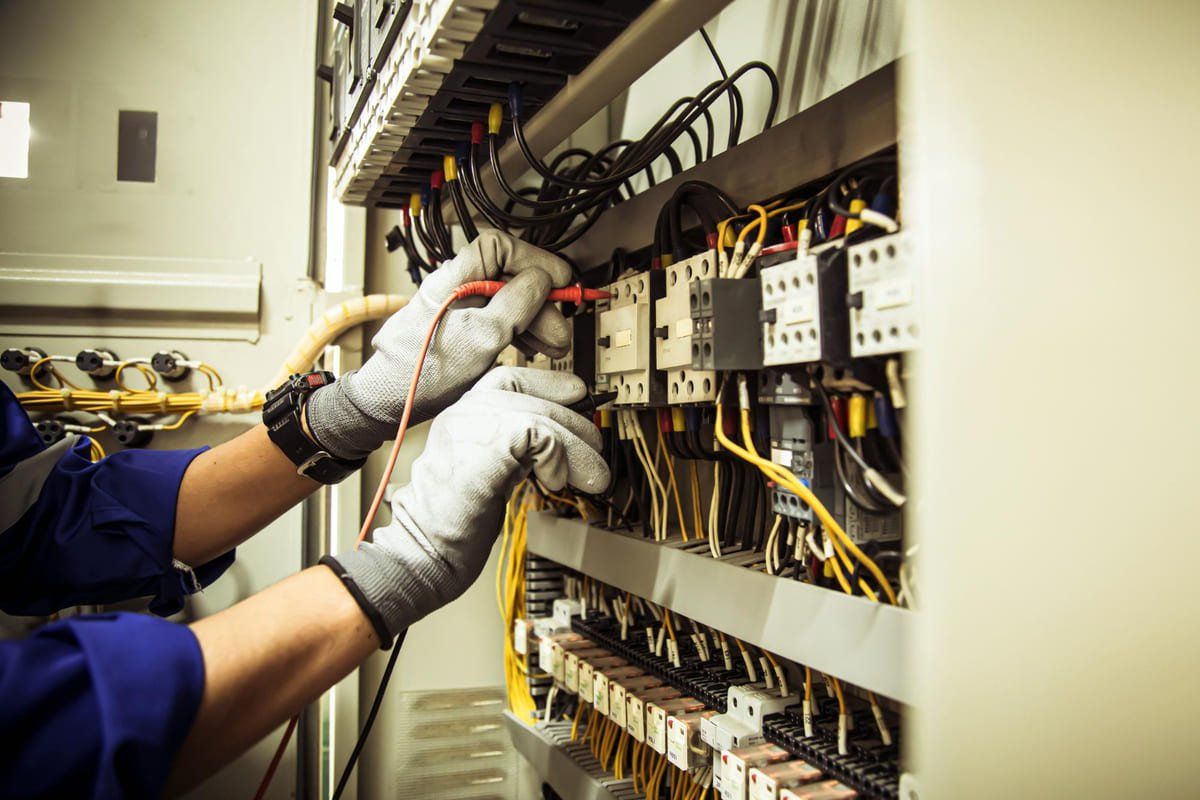
Additional Things to Look Out For
A 100-amp service panel is most often seen in smaller houses and those constructed before the 1990s. Depending on how you consume power, this might be enough. However, today's average family home often requires more than 100 amps.
Overcrowding can occur with electrical panels that deliver only 100 amps of electricity while your modern appliances may demand more. What does an overcrowded panel look like? Check for these signs:
Does Your Panel Look Messy?
There can be a problem if there are no empty spaces for future circuit additions or if the wires inside the panel are twisted and tangled rather than neatly attached. Make an appointment with a qualified electrician who can help you with overcrowded wires in your breaker box.
Do You Spot Double-Tapped Breakers?
Circuit breakers should only have one wire attached to them, with a few exceptions. A double-tapped breaker has two wires attached to the same circuit breaker.
This is a serious code violation. These wire connections have a greater tendency to deteriorate with time, which could result in electrical sparks and fires.
Is the Panel or Surrounding Wall Warm to the Touch?
Wires and circuits that are overloaded emit a significant amount of heat. A hot or warm panel is an indication that the panel is under too much power load.
Are Your Circuit Breakers Tripping Often?
Many times, a circuit breaker that trips once in a while is not a major safety hazard. Call an electrician if a breaker trips more often or trips right away after being reset.
Do You Spot Signs of Corrosion?
We all know that water and electricity don't mix. Have an electrician check the main service panel for any indications of water damage, rust, or corrosion. Even if there is no water near your electrical panel, corrosion might still occur due to humidity.
Breaker Box Issues Are a Big Deal
Any problems with your circuit breaker can cause issues for your home and put your family's safety at risk. Don't jeopardize your life or your property. Always err on the side of caution when it comes to your electrical panel.
Have issues with your breaker box? Buell Electric can help!
We are certified expert electricians, specializing in residential, commercial, and marine electrical services for the Pinellas, Pasco, and Hillsborough County Areas. Contact us or check out our Blog section for helpful information.



